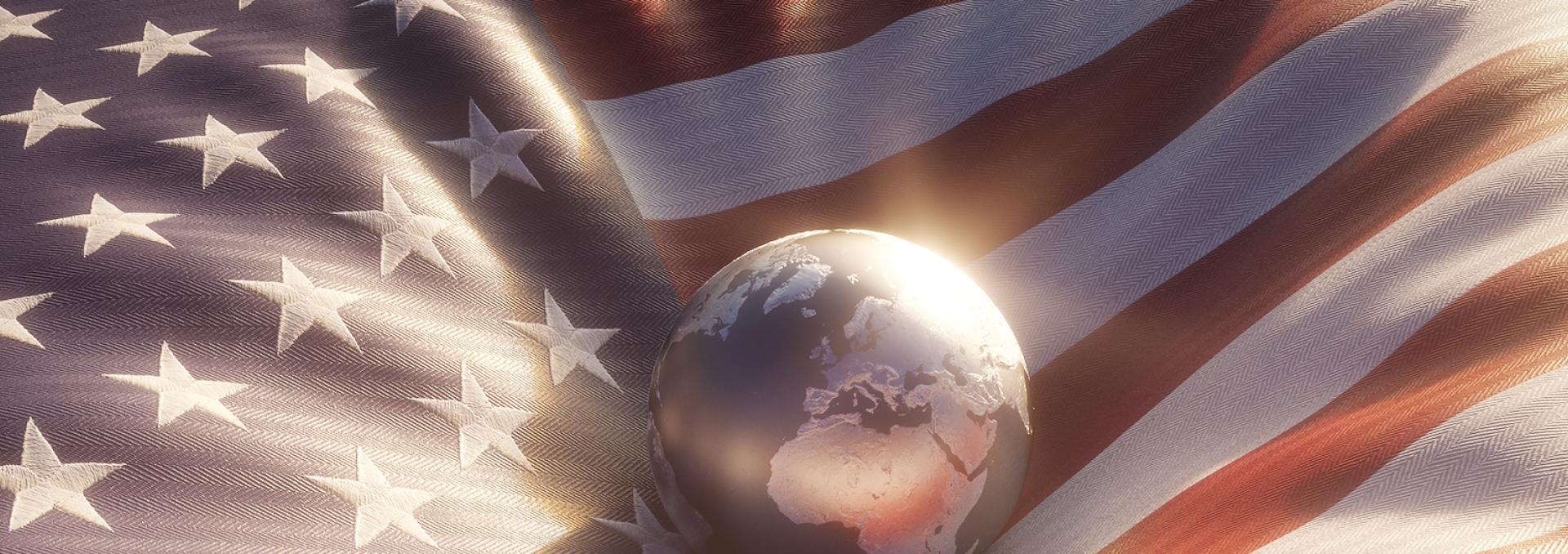
Are you interested in economic and financial news?
Bank Bonhôte is pleased to welcome you and puts at your disposal its finance experts.


Video production : Le Temps
For us in Switzerland, never has there been so much riding on a presidential election as in 2020. This is because, for the first time in history, the US is our main export market..
So far this year, the value of goods exported from Switzerland to the US has outweighed those sold into Germany. Here are the figures: CHF 39 billion worth of goods have been shipped to the US, compared with CHF 31 billion into Germany. This represents a stark change as Germany had long been the main market for Swiss exporters, often by a wide margin relative to other countries.
Those who would pin this new pattern on the pandemic and its attendant upheavals need to take a closer look. It is, in fact, the product of a longer-term trend. For decades, the value of Swiss exports to the US has been rising steadily. It has also accelerated at a blistering rate over the past ten years. In 2009, Swiss exporters shipped CHF 18.7 billion of merchandise to America. By 2019, that figure had more than doubled to CHF 43 billion.
The main Swiss exports to the US are pharmaceuticals and chemicals, precision instruments, machinery and watches. America exports alcoholic beverages and coffee to our Alpine state. In 2019, the US was Switzerland’s fifth-largest source of imports, totalling CHF 18.7 billion of goods – after Germany, Italy, France and China. For example, the Swiss are avid buyers of Tesla cars, which to date represent 10,000 registrations nationwide.
Furthermore, inbound investment into the US from Switzerland has more than doubled, rising from USD 150 billion in 2007 to USD 310 billion in 2018, according to statistics from the US Department of Commerce. Switzerland is therefore ranked 7th among foreign investors in the United States. The Swiss are also the leading foreign investors in US research & development, which also accounts for the largest share of Swiss outbound investment anywhere in the world. Boston-based Moderna, one of the pharma firms working on a Covid-19 vaccine, is awash with Swiss capital.
There are many reasons why the two countries have become so close on the economic front. Over time Switzerland has actively sought to diversify trading away from the EU, its main market but one which has been losing momentum. The US economy has fared better over the past 20 years and has the advantage of offering safety from a legal standpoint. Swiss products are furthermore renowned for their reliability, which stokes demand for them in the US. Switzerland and the US also share common values such as democracy, free markets, innovation and an entrepreneurial spirit.
So in the run-up to 4 November, which in many ways will be a crucial election, we may ask ourselves – from over here in Switzerland, and considering our precious trade ties with the US – who would be the best president, Donald Trump or Joe Biden? Opinions are divided. Some economists believe that the re-election of Trump – the main focus of the conversation – would raise the chances of a free-trade deal between the two countries. The two governments did indeed acknowledge the benefits of such a treaty during exploratory talks, for example the promotion of further direct investment from Switzerland and job creation in the US, as well as potential tax cuts for Swiss multinationals.
For others, however, Trump Act II would be damaging. Since 2016, he has incessantly tried to thwart attempts to form multilateral alliances – cutting budget allocations to the WHO, pressuring the WTO, pulling the US out of the UN Human Rights Council – as well as raising customs barriers. His re-election would hurt Geneva’s status as a global diplomatic hub. If Joe Biden were elected, it might start to reverse America’s course, since he ranks among the pragmatic wing of the Democrats, which is furthermore supportive of free trade.


A new Executive Committee has been formed within our Bank. It is made up of the following members of staff: Anne-Sophie Muller Chouet (Head of Legal & Compliance), Pasquale De Frino (Head of Back Office Operations), Cyril Lanfranchi (Head of Marketing & Communications), Julien Stähli (Head of Discretionary Portfolio Management) and Claude Suter (Head of Independent Asset Managers).
More information: Governing Board and Executive Committee
Léon Lauber (42) is joining us to oversee our branches in Lausanne and Geneva, having already spent 14 years in wealth management and institutional advisory. Previously he earned a degree in Economics from the University of Lausanne.
When it comes to dressing smart at our Bank, ties are now out! The bank, which welcomes more and more Millennials within its staff, resolutely adopts these new trends while preserving an image of seriousness and professionalism through a 'casual' dress code.
Jean Berthoud, chairman and majority shareholder of the private bank Bonhôte, whith branches in Neuchâtel, Lausanne, Biel, Bern and Solothurn, recently opened a new branch in Zurich. His bank is less affected by pressure on margins than its competitors.
Read the article (in French): Jean Berthoud's interview